And what can we do to ensure it is rebuilt stronger post pandemic?
Coronavirus relies on our community to spread as much as we rely on our community to prevent it. Talking to a stranger at a festival, celebrating a last minute goal at the football, charity coffee mornings and in person university seminars are all on hold; and as Lancashire moves into tier 3 restrictions so is a cup of tea with your mum. This virus feeds off spreading through our communities when we meet. We are told community will have to wait.
The other side of this though is that community is important to this virus coming to an end. If everyone in our community wears a mask we can help protect each other, the mask being something we do not wear to protect ourselves but instead to protect others. If we all reduce our contact and distance ourselves from the community then we also protect the community by reducing the spread. Furthermore if a vaccine ever comes then it will rely on herd immunity and having the vaccine will be integral to protecting the most vulnerable in our community and putting a stop to the spread of coronavirus. Interestingly in our interviews people overwhelmingly wanted a strong community but many were open about not wanting a vaccine (view the archive here) – a decision which may divide people in our community in the future.
The pandemic has damaged community as much as it has created it. For some of us it may have made us question our sense of community, perhaps if we see some people not following the rules at the expense of others or if we feel that the community has abandoned us in this crisis. For others we may have a new appreciation of our community – those who signed up to ring people living alone, delivered shopping to the vulnerable and retired nurses who re-joined the NHS are a wonderful example of people who have helped our community selflessly in the pandemic. Karen from our lockdown interviews spoke about how useful community calls can be for lonely people here.
In our lockdown interview Lyn’s sentiments indicated she, like many others, was questioning her sense of collective community. Lyn talked about who she believes cares and didn’t care and how the pandemic has in some ways been a social experiment, “There’s people who throughout this whole pandemic who have shown love and understanding for nature and also for other human beings….and there has definitely been a sector of society who have only cared for themselves, for their freedom and just not given a toss”.
Teenager Freya spoke about how “beforehand we were quite selfish in our decisions and at the end of the day you are going to put you and your family first but it’s nice to also think about other people who aren’t so lucky”. During the pandemic we have all faced different examples of adversity, be that financially, with our mental health or physical health. At the start of the pandemic some people stockpiled and made sure they had enough for themselves, but other people near Freya put supplies out on their front lawn for people to take and made sure their local community was taken care of.
In our lockdown interviews Adrian spoke about the importance of seeing what we have in common during discussions with our community, “Instead of looking at our differences all the time let’s look at our similarities and see if we can bond this way… it’s so easy to look at our differences and make that be the point of why we can’t talk to these people”.
Many of our communities have been damaged. Without in person meetings our local communities have suffered. This could be from classes for new mothers that didn’t happen this year to our regular yoga class that only took place on zoom. One interviewee, Emelina – a fitness instructor, talked about how much she missed the community she has created from her classes and about trying to maintain this community virtually here.
We can recover the damage done to our communities when we are able to but there is no doubt that there will be challenges and some people may slip through the net and become increasingly isolated.
In Marie’s lockdown interview she spoke about how she hoped “there will be more things to keep the community together because they have pulled together” and about volunteering for her community during lockdown.
Investment in local communities will become increasingly important, as will ensuring that our loneliest community members can and will access that. Financial investment may not happen either so it is up to us, all of us, to decide how we want to invest our time, creativity and kindness to rebuild the community we want to see post pandemic.
Join the Conversation at The Living City
How do we combat the fears that some people will remain isolated and not re-join the community? How do we restore people’s faith in community who have lost it?
The Living City project is produced by They Eat Culture, & supported by the Community Lottery Fund & Arts Council England.

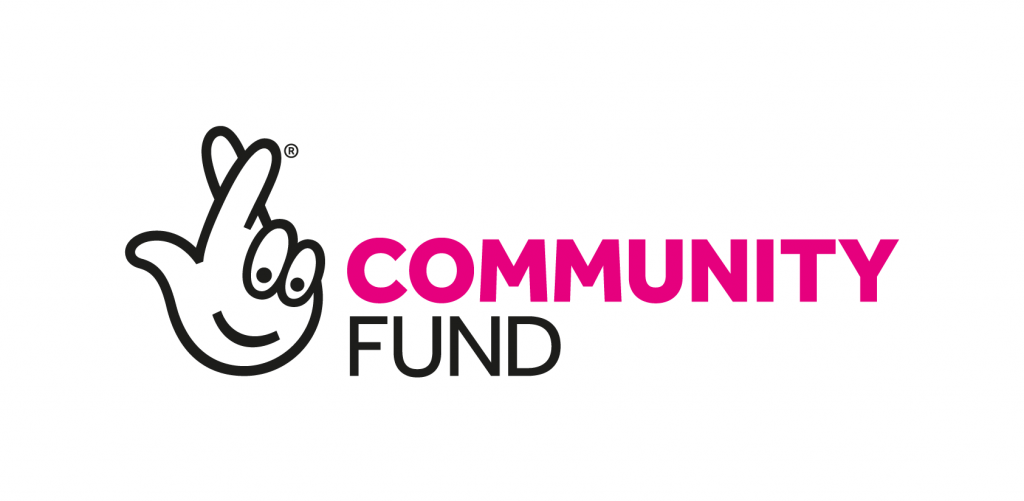
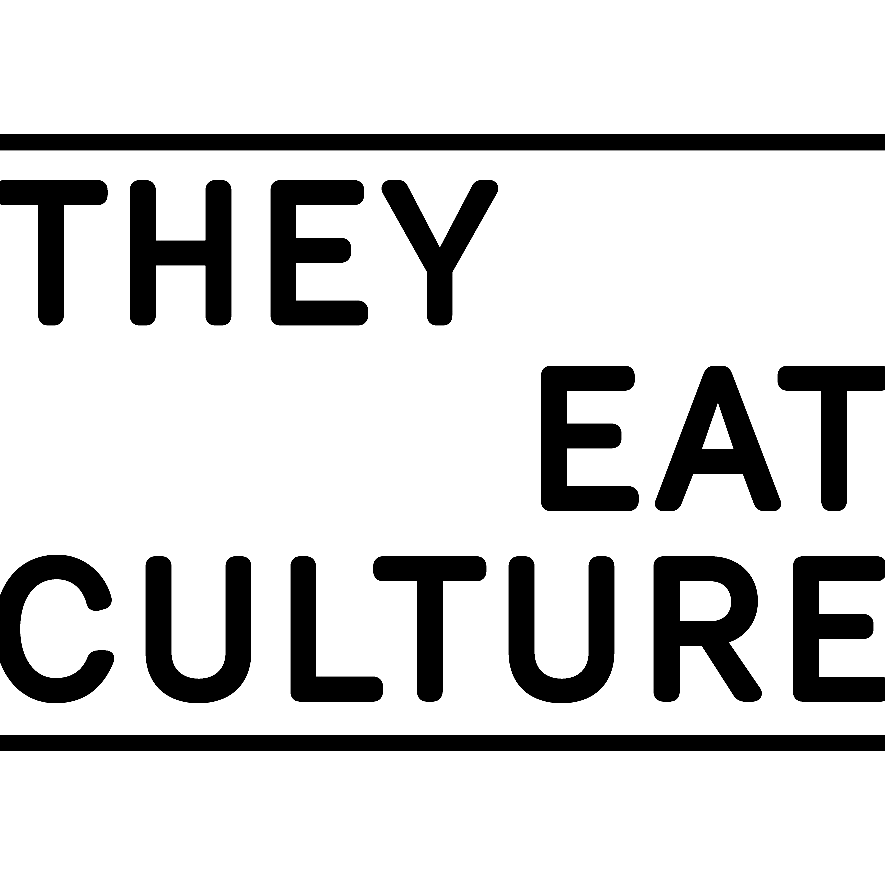

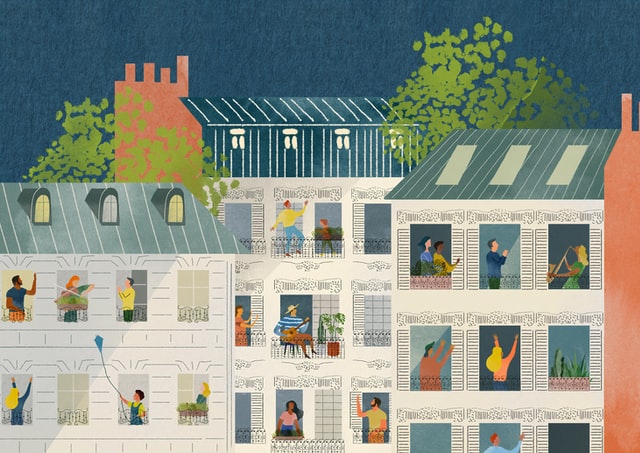
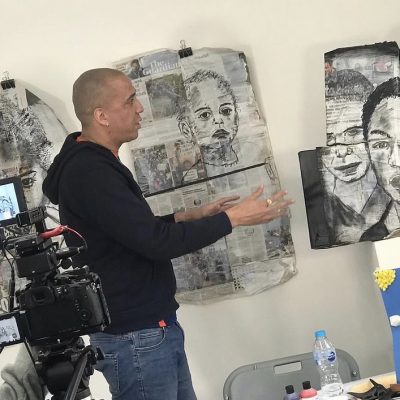
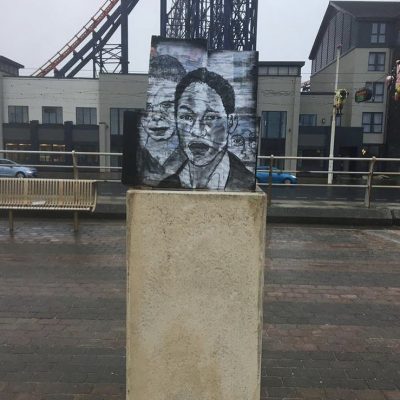
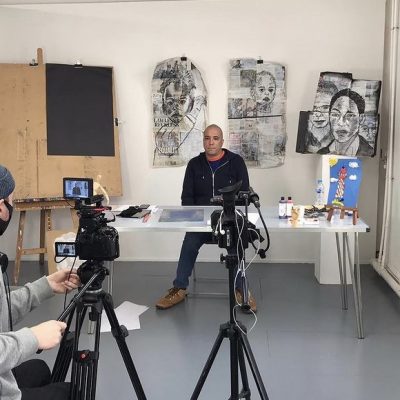
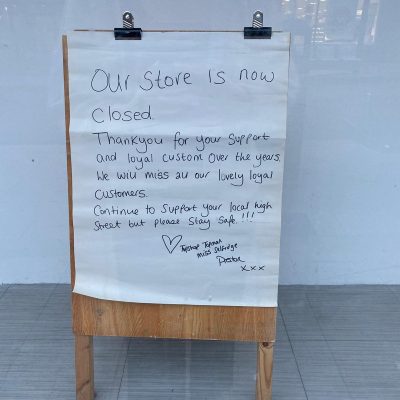
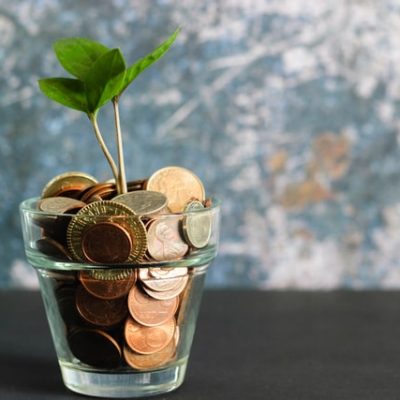
Leave a comment